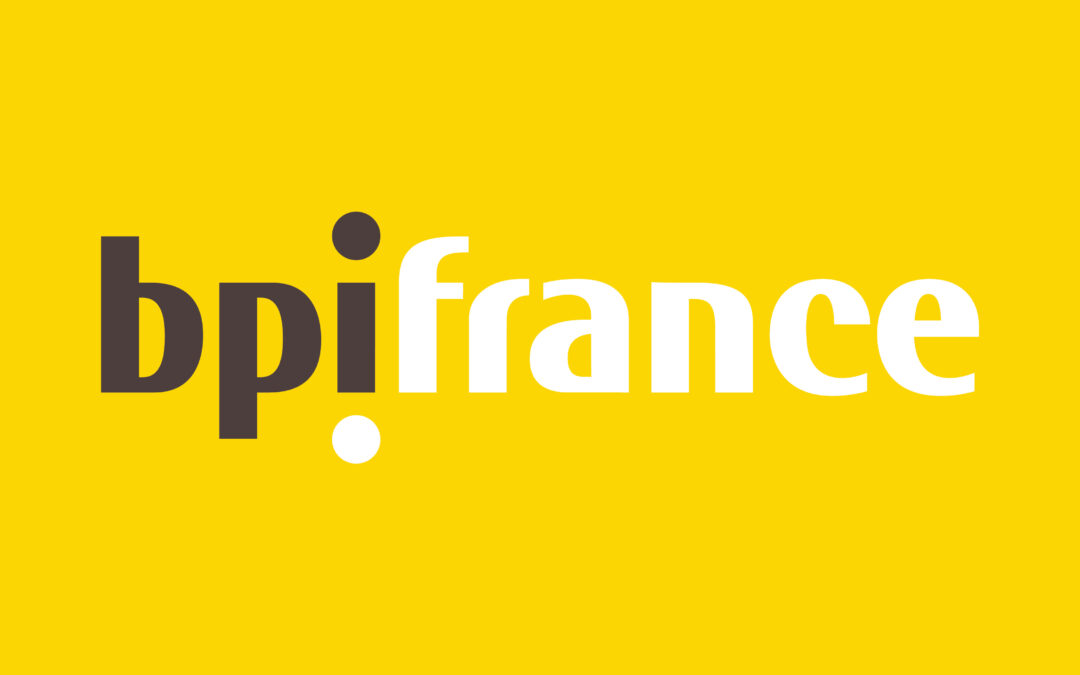
Priothera Secures €1.7 million i-Nov Funding by Bpifrance for Rare Blood Cancer Clinical Program
Priothera Secures €1.7 million i-Nov Funding by Bpifrance for Rare Blood Cancer Clinical Program

Funding to support MOCART, a clinical programme evaluating mocravimod added to standard CAR-T cell therapy.
Saint-Louis, France and Dublin, Ireland – 24 June 2025 – Priothera, a late-stage biopharma company pioneering the development of mocravimod, a novel oral sphingosine 1 phosphate (S1P) receptor modulator, to treat hematologic malignancies, today announced that it has been awarded nearly €1.7 million in non-dilutive funding through the i-Nov innovation competition. Part of the France 2030 initiative, i-Nov is a flagship French government program operated by Bpifrance to support breakthrough innovation from high-potential French companies across strategic sectors. The funding will support Priothera’s clinical programme to evaluate whether adding mocravimod to commercial CAR-T cell therapies could improve patient outcomes.
CAR-T cell therapies represent a novel and promising modality for the treatment of hematological malignancies. They have demonstrated the potential for remarkable clinical responses and durable disease control in patients with acute lymphoblastic leukemia (ALL), non-Hodgkin lymphoma and multiple myeloma. However, their use is still associated with significant challenges, as 40-60% of patients treated with CAR-T cells experience high-grade toxicities, including cytokine release syndrome (CRS) and immune effector cell-associated neurotoxicity syndrome (ICANS), a form of severe neurological toxicity.
Mocravimod is a novel, oral S1P receptor modulator with a unique dual mechanism of action that has the potential to enhance the effectiveness of CAR-T cell therapy by:
- Reducing the incidence and severity of CRS and ICANS, and
- Improving response rates and durability of treatment
Priothera continues to advance mocravimod in the MO-TRANS global Phase 3 study for patients with acute myeloid leukemia (AML) undergoing allogeneic hematopoietic cell transplantation (allo-HCT). The company remains focused on unlocking the full therapeutic potential of S1P receptor modulation across multiple settings in blood cancers.
About mocravimod
Mocravimod (KRP203) is a synthetic S1P receptor modulator being developed for the adjunctive and maintenance treatment of AML to enhance the curative potential of allo-HCT. Mocravimod’s dual mechanism of action preserves the graft-versus-leukemia (GvL) effect, critical for eliminating cancer cells while reducing the risk of graft-versus-host disease (GvHD), a major complication following allo-HCT. This novel treatment approach – mocravimod being the only S1P receptor modulator in development to treat blood cancers – tackles a high unmet medical need and aims to improve treatment outcomes and patients’ quality of life.
About Priothera
Priothera is a late-stage biopharma company pioneering the development of mocravimod, a potential new standard of care in hematologic cancers, in combination with cellular therapies such as hematopoietic cell transplantation and CAR-T cell therapies. Mocravimod is being developed as an adjunctive and maintenance therapy for hematological malignancies, focusing initially on acute myeloid leukemia (AML), in combination with allogeneic hematopoietic cell transplant (allo-HCT). Mocravimod is currently the only treatment with the potential to reduce transplant side effects of graft-versus-host disease (GvHD) without compromising the graft’s anticancer effect against leukemia (Graft-versus-Leukemia, or GvL), thereby enhancing the curative potential of allo-HCT.
Founded in 2020, Priothera operates in France, with headquarters in Dublin. The company is led by a highly experienced management team with deep expertise in hematology, oncology, immunology and cell-based therapies. Priothera is backed by leading international life sciences investors, including Fountain Healthcare Partners, abrdn, EarlyBird Venture Capital, BEI and Bpifrance Grand Est.

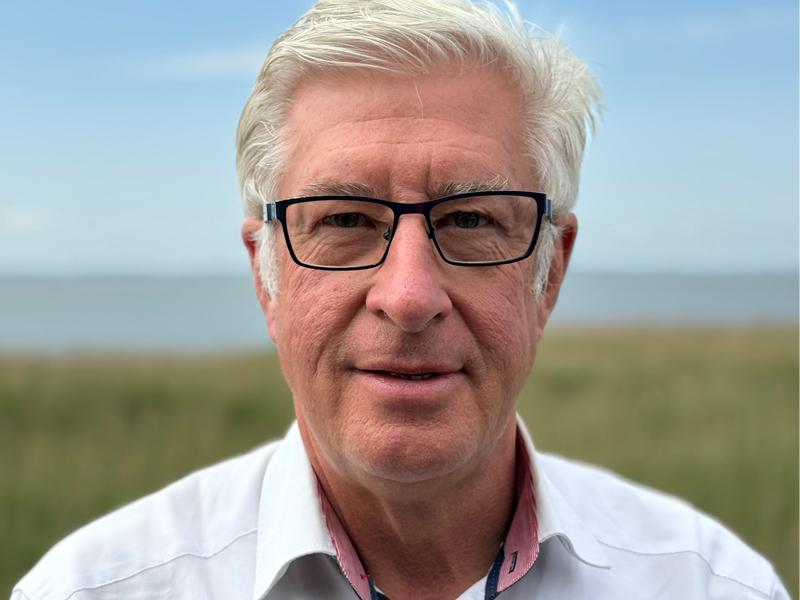






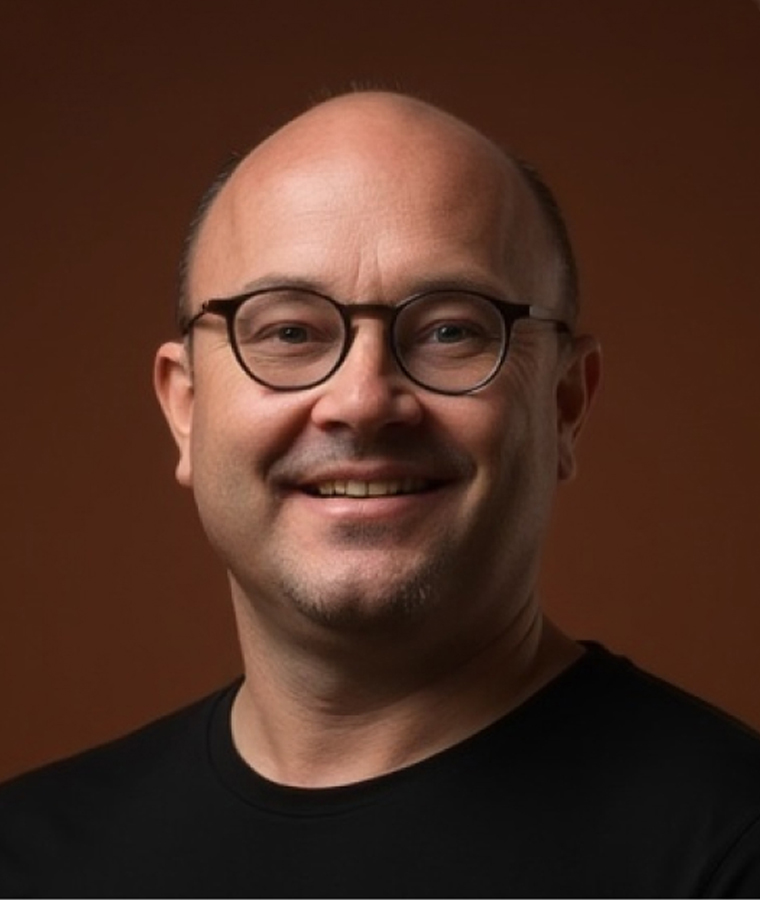
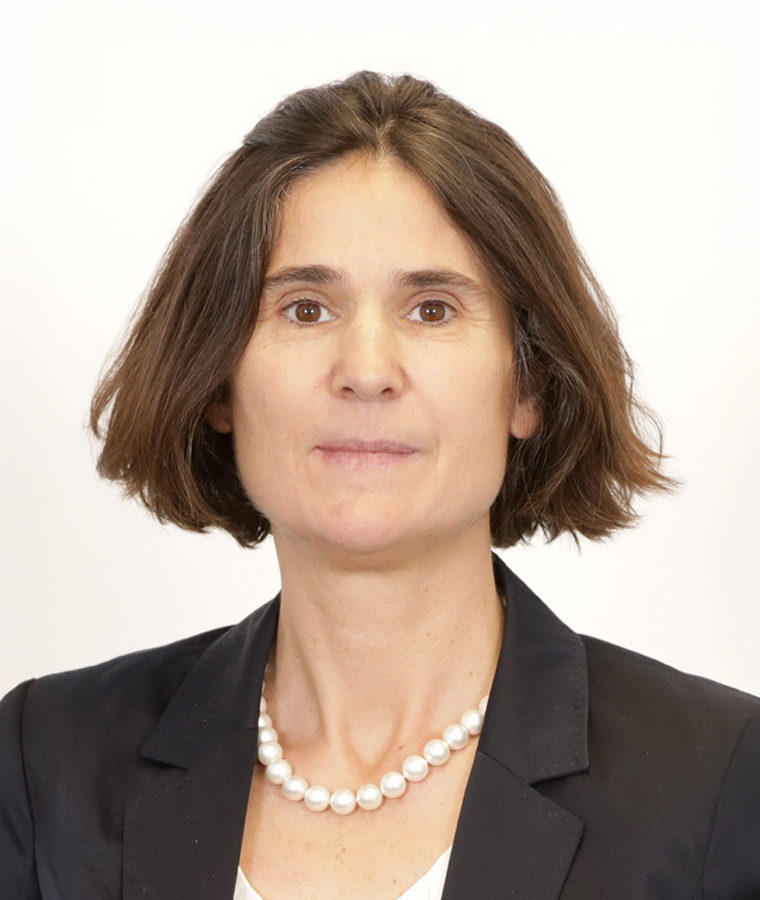
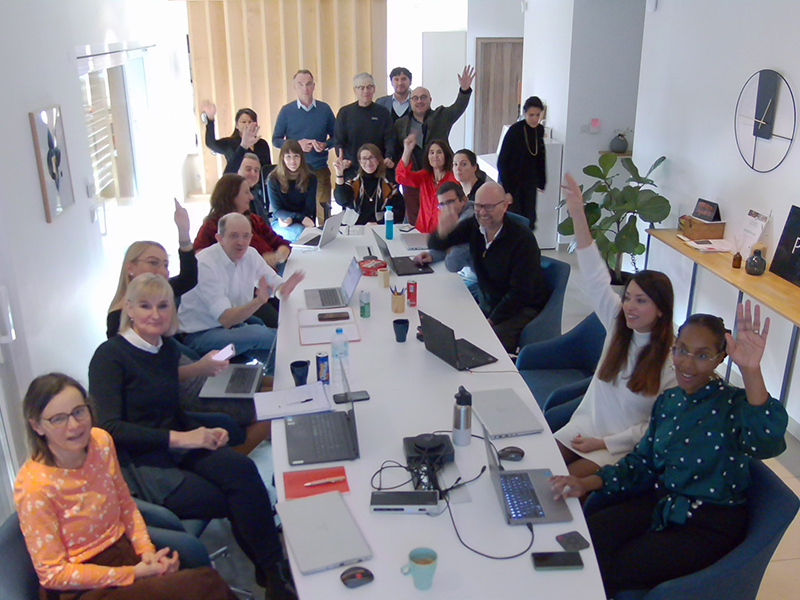

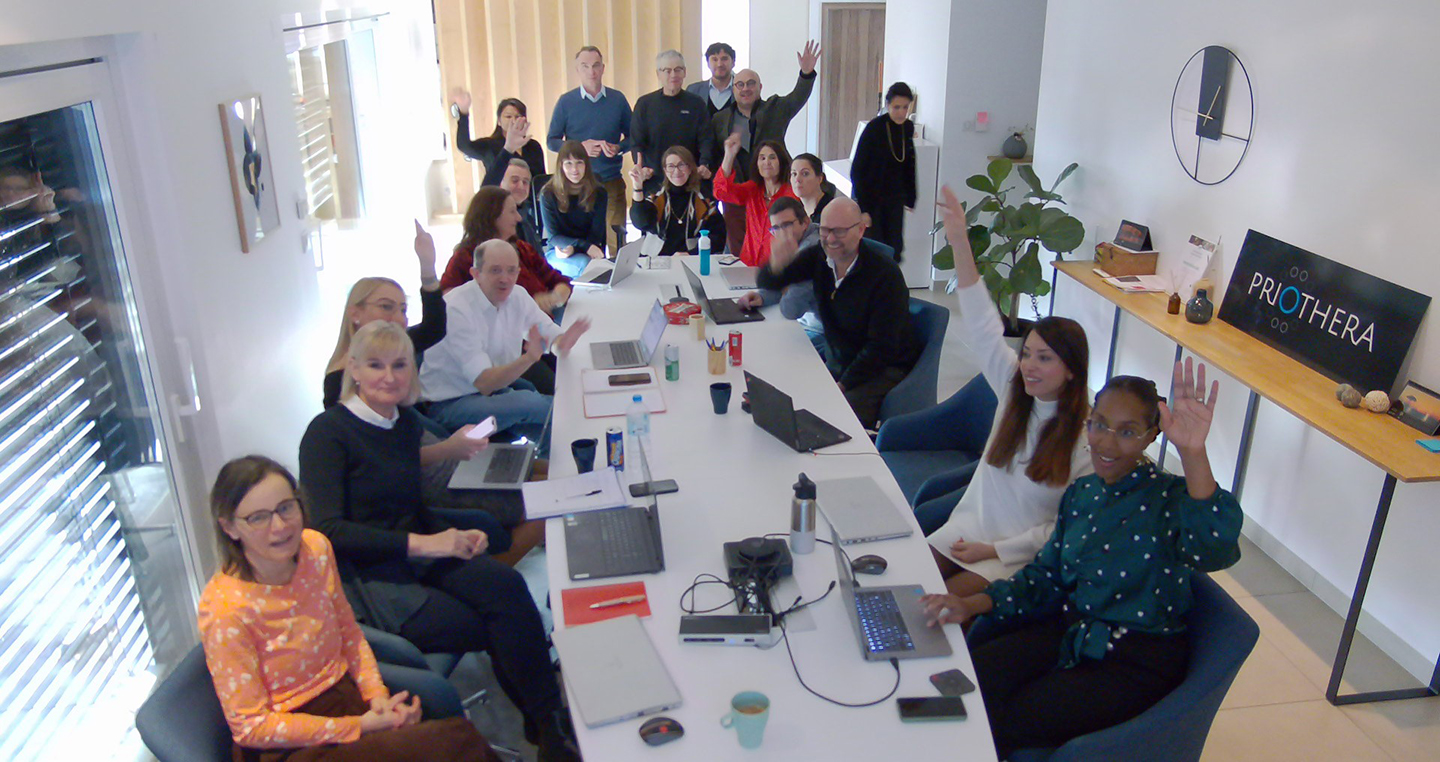
Recent Comments